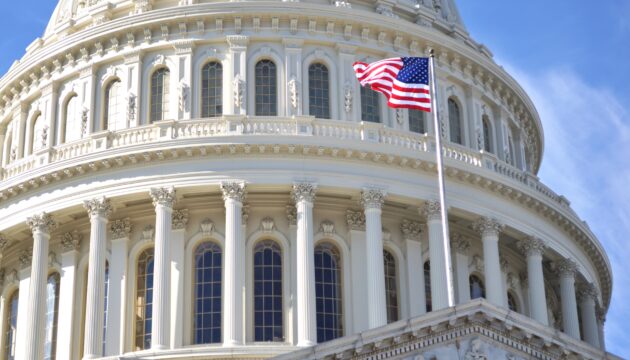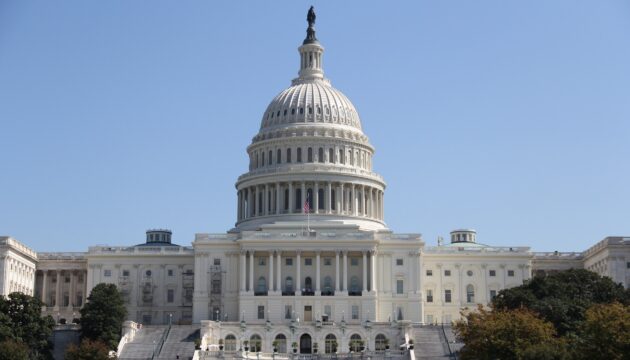Insurance and Provider Markets
Our work in Insurance and Provider Markets
-
Retroactive Enrollment: A Feasible Way to Bring Auto-Enrollment to the Individual Market
Helping people benefit from the programs for which they are eligible could have a significant impact on the share of Americans with health coverage, possibly making the idea of automatic enrollment into coverage attractive across the political spectrum.
Categorized in -
California Saw Reduction in Out-of-Network Care from Affected Specialties after 2017 Surprise Billing Law
This blog presents new evidence on observed changes in provider network breadth after the implementation of California’s 2017 law.
-
Why Your Employer-Sponsored Insurance May Ultimately Not Be Good For You
Nearly 160 million Americans get insurance through employers, but that does not mean it’s good social policy.
Categorized in -
Influence of Out-of-Network Payment Standards on Insurer–Provider Bargaining: California’s Experience
California’s experience implementing a policy to address surprise medical billing demonstrates that out-of-network payment standards can influence payer–provider bargaining leverage, affecting prices and network breadth.
Categorized in -
What is Surprise Billing?
Experts from the USC-Brookings Schaeffer Initiative for Health Policy answer commonly asked questions about surprise medical bills and how to deal with them at a policy level.
Categorized in -
Value-Based Contracting in Healthcare: What Is It and How Can It Be Achieved?
Value-based contracts must incentivize the clinical decision maker, usually the physician, to allocate treatment based on both price and value. Changing certain elements in the financing system could create an environment for successful value-based contracting without having to reform the entire system.
Categorized in -
The Trump Administration’s Final HRA Rule: Similar to the Proposed but Some Notable Choices
USC-Brookings Schaeffer Initiative fellows analyze the Trump Administration’s final rule on allowing employers to pay for their workers’ health insurance through subsidies on the individual market, concluding that it is a step in the wrong direction.
Categorized in -
Three Ways to Make Health Insurance Auto-Enrollment Work
Successful auto-enrollment likely requires changes to the way we determine eligibility for Medicaid and Marketplace financial assistance, to make the system easier to navigate and more generous, writes USC-Brookings Schaeffer Initiative Fellow Christen Linke Young.
Categorized in -
Reverse Reference Pricing: Rewarding Patients For Reducing Medicare Costs
Neeraj Sood and Christopher Whaley write that it is time for Medicare to apply the lessons learned by private insurers to incentivize price shopping by patients.
Categorized in -
Comments on the Lower Health Care Costs Act of 2019
Experts from the USC-Brookings Schaeffer Initiative on Health Policy provide comments on the Senate HELP committee’s latest bipartisan attempt to lower healthcare costs.
Categorized in








